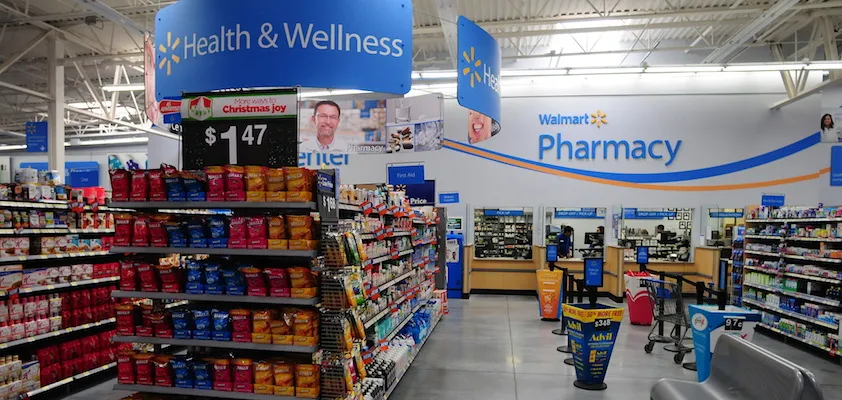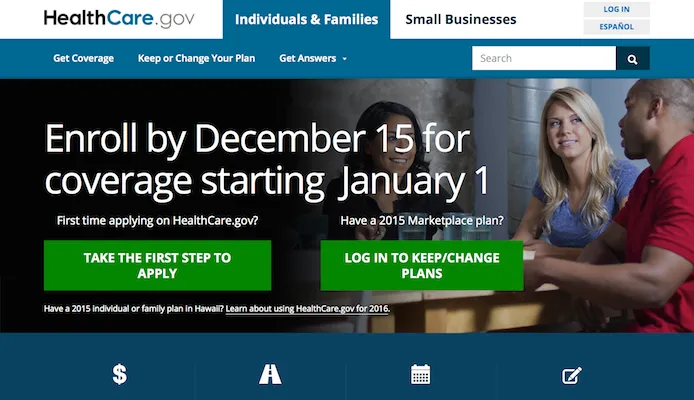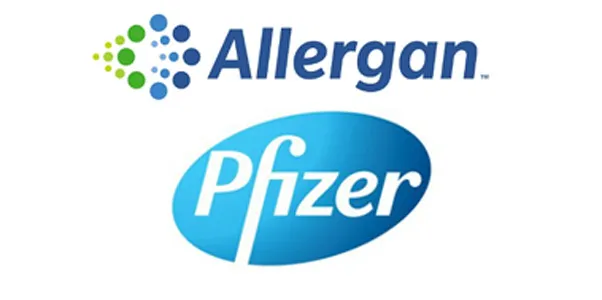WOONSOCKET, R.I. — A CVS Health Research Institute review of pharmacy claims for more than 200,000 patients found an association between narrow pharmacy networks and improved medication adherence.
The study was the first to evaluate the impact of narrow pharmacy networks — which incentivize plan members to use in-network pharmacies — on medication adherence. Such networks have drawn criticism for limiting patient access to medications and diminishing medication adherence.
The new study looked at patients who received prescription drug coverage over a 12-month period from CVS/caremark, the pharmacy benefit management business of CVS Health. These patients were receiving chronic therapies to treat high cholesterol, high blood pressure, diabetes and depression.
“There are few opportunities in health care when we can improve both quality of care and health outcomes while helping to manage health care costs,” remarked William Shrank, senior vice president and chief scientific officer at CVS Health and a study author. “This first-of-its-kind study suggests that narrow networks may be one such opportunity by providing clear evidence that these networks — already an established cost-management strategy — also help optimize members’ adherence.”
Results of the study were published this month in JAMA Internal Medicine.
The study found that those patients in commercial drug plans with narrow pharmacy networks had improved medication adherence, as indicated by their medication possession ratio (MPR), which measures patients’ available medication on hand over time and is commonly used as an indication of adherence, the authors said.
The researchers also found that if 90-day prescription programs, where patients receive a three-month supply of their chronic medication prescription during one pharmacy visit, were used in conjunction with a narrow network there was an even greater improvement in members’ adherence.
“Despite common concerns that narrow pharmacy networks reduce access, we believe they can actually help encourage plan members to establish a pharmacy home where patients with chronic diseases can receive coordinated care and effective medication adherence support,” Shrank said. “This research suggests that narrow networks are one more way we can help encourage medication adherence and have an even greater impact as we help people on their path to better health.”
The CVS Health Research Institute cited earlier research suggesting that half of people who have long-term prescriptions for chronic conditions do not take their medicines as prescribed and that this costs the United States nearly $300 billion and tens of thousands of lives each year.
The institute noted that CVS Health is building a variety of programs across the enterprise to meet the challenges individual patients face when taking their medications. These include programs that synchronize prescription pickup for patients with multiple medications, comprehensive medication reviews to identify potential safety issues and adherence-improving interventions.








